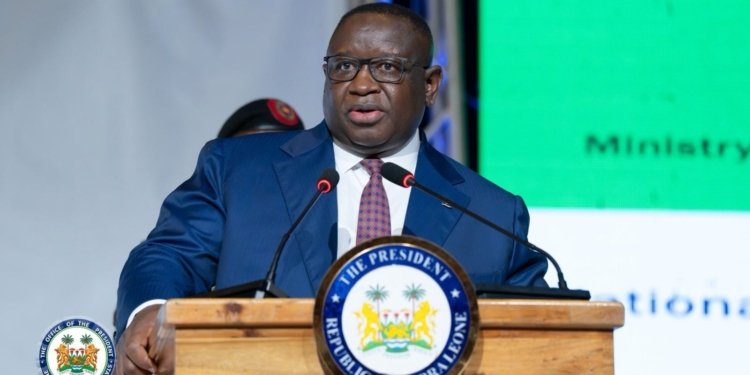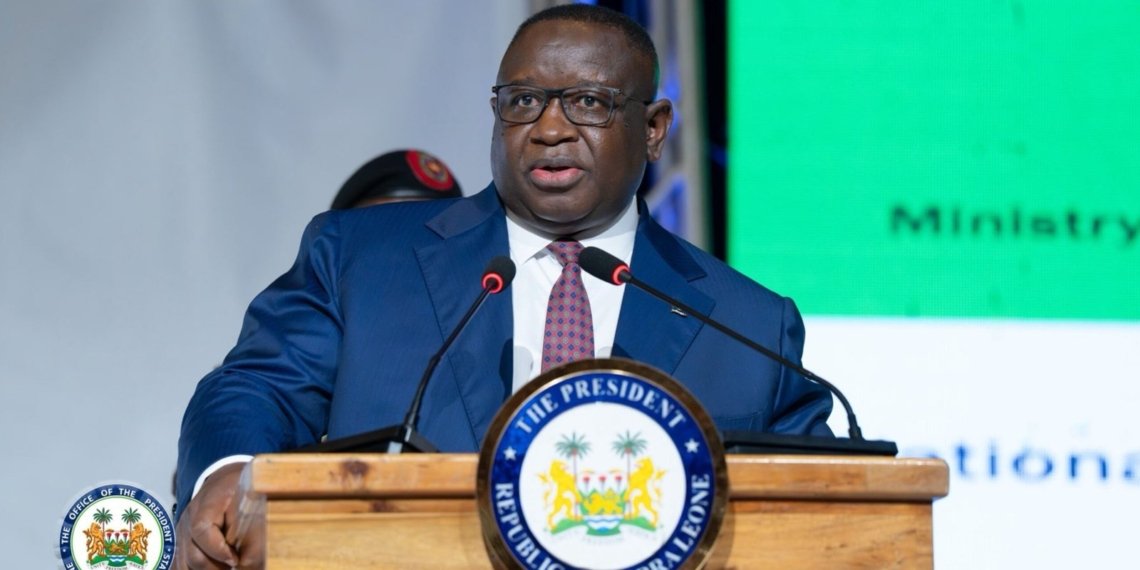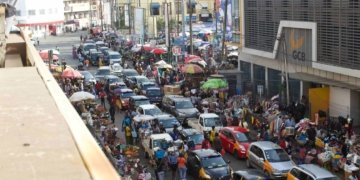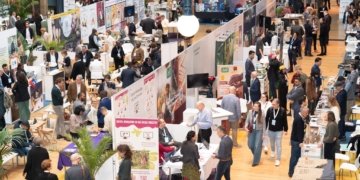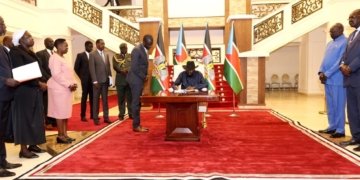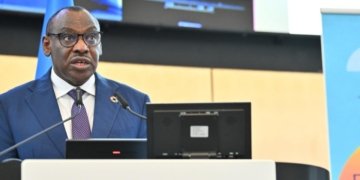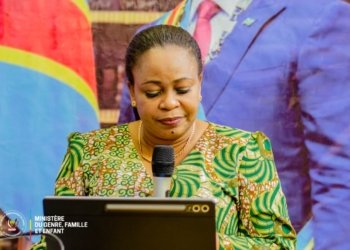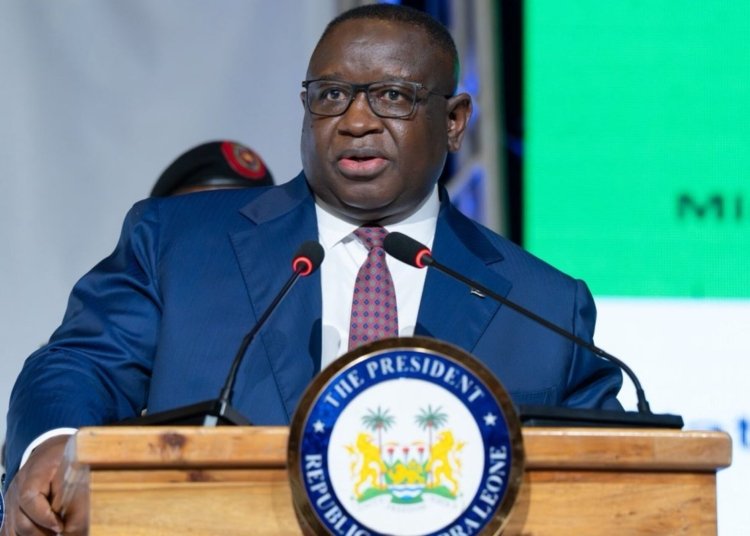FREETOWN – Sierra Leone President Julius Maada Bio launched a $180 million World Bank-funded water security project Tuesday, targeting universal access to clean water and sanitation across the West African nation.
The 10-year Water Security and WASH Access Project aims to serve 4 million people by 2035, bringing national water and sanitation coverage to 90%.
The initiative represents one of the largest infrastructure investments in Sierra Leone’s recent history.
“My government is guided by the belief that access to safe water and sanitation is not a favour extended to the few, but a right guaranteed to all,” Bio said during the launch ceremony in Freetown.
He described the program as central to the country’s national development strategy.
The project will unfold in three phases with transparency mechanisms and performance-based delivery targets.
Officials expect the initiative to generate 5,000 jobs, including 2,000 positions specifically designated for women.
Bio announced plans to establish a Water Administration House to coordinate sector oversight and regulation.
World Bank Country Manager Abdu Muwonge credited Bio’s direct advocacy for securing the funding, noting the president personally appealed for water sector investment during a Washington visit two years ago.
The project aligns with the United Nations’ Sustainable Development Goal 6 for universal water access.
Sierra Leone faces significant water challenges, with many rural communities lacking basic access to clean water and sanitation facilities.
The current national coverage falls well below regional averages, particularly affecting rural areas where residents often travel long distances for water access.
Minister of Water Resources and Sanitation Sao-Kpato Hannah Max-Kyne called the launch a defining moment for implementing the government’s development agenda.
The program will work through existing institutions including GUMA Valley Water Company and SALWACO, the national water utilities.
Bio framed water access as fundamental to justice and peace, describing it as a symbol of justice, a foundation of peace, and a building block of national resilience.
The project launch comes as Sierra Leone works to recover from years of economic challenges and aims to boost human capital development through improved public health infrastructure.
